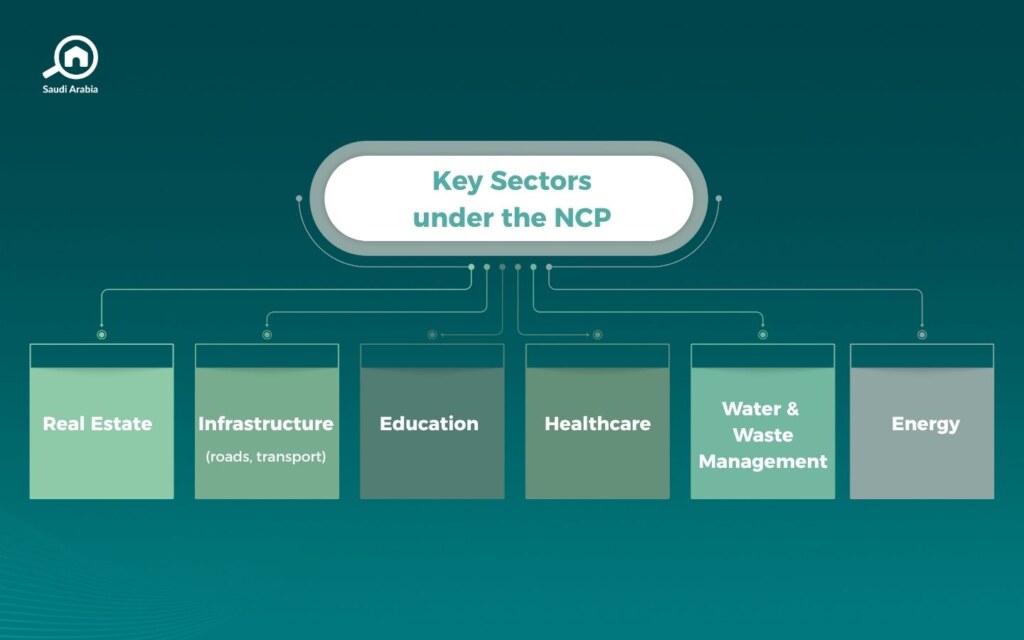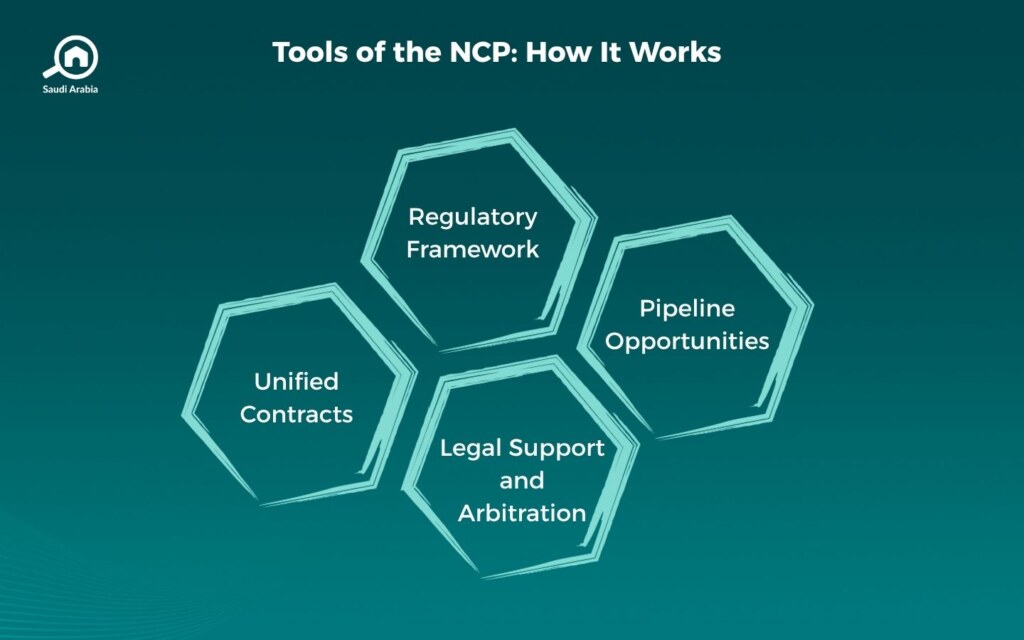The National Center for Privatization (NCP) is a pivotal institution in Saudi Arabia tasked with enabling and facilitating the privatization of government assets and services. Established to support the Kingdom’s long-term economic diversification under Vision 2030, the NCP plays a central role in fostering public-private partnerships (PPPs) and streamlining investment opportunities across multiple sectors.

National Center for Privatization’s Vision 2030 Objectives
As part of Saudi Arabia’s Vision 2030, the NCP is positioned to:
- Enhance private sector contribution to GDP
- Optimize government expenditure
- Improve service quality by involving the private sector
- Diversify the national economy
Privatization is not merely a financial strategy; it is a structural reform mechanism. By transferring ownership or management of certain public assets and services to private entities, the government fosters innovation, efficiency, and sustainable growth.
You may also be interested in our article The Role of the National Center for Privatization in Real Estate Development in Saudi Arabia
Key Sectors of Operation
The National Center for Privatization works across several critical sectors, including:
- Real Estate: Facilitating PPPs in land development, housing, and commercial infrastructure
- Infrastructure: Roads, water treatment, ports, and logistics projects
- Education: Building and operating schools and training facilities
Healthcare: Hospital management and medical services provisioning
Real Estate and PPP Opportunities
For real estate professionals and companies, the NCP acts as a strategic gateway to public-private partnerships. It opens up investment pipelines for large-scale housing projects, mixed-use developments, and urban regeneration initiatives.
By creating a transparent, standardized regulatory environment, the NCP lowers entry barriers and enhances investor confidence. Standardized contracts, clear timelines, and legal protections are just some of the tools used to encourage participation.
Tools and Enablers Used by the National Center for Privatization
The NCP provides the following enablers to support privatization and PPPs:
- Regulatory Frameworks: Clear governance structures for project execution
- Unified Contracting Templates: Standardized contracts that protect both public and private interests
- Pipeline of Opportunities: A regularly updated portfolio of privatization and PPP initiatives across sectors
These tools create a predictable and investor-friendly environment, essential for attracting both local and international stakeholders.
Explore more by reading our article Impact of Population Growth on Saudi Real Estate

Successful Projects Enabled by the National Center for Privatization
Notable examples of projects facilitated through the NCP include:
- Saudi Schools Development Program: A major PPP project to design, build, and maintain schools across the Kingdom
- Water and Wastewater Projects: Including the Dammam Independent Sewage Treatment Plant (ISTP), which attracted global investment
- Healthcare PPPs: Such as the outsourcing of radiology and non-clinical services in major hospitals
Each of these projects demonstrates how public-private synergy can accelerate service delivery, improve quality, and reduce operational costs.
Real Estate Partnerships and the Growth of the Saudi Market
As the real estate market in Saudi Arabia continues to expand, the NCP stands out as a critical engine of growth. Companies like Buyut Partnerships can play an essential role by working alongside the NCP to implement long-term, value-driven real estate projects that align with national priorities.
These partnerships not only boost housing supply but also contribute to urban development, job creation, and localized economic resilience.
Keep your eye on Saudi Arabia’s real estate market, trends, and more, through My Bayut.




